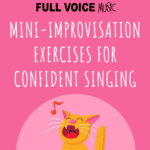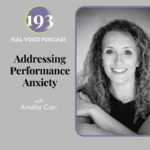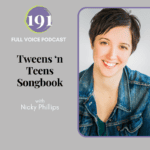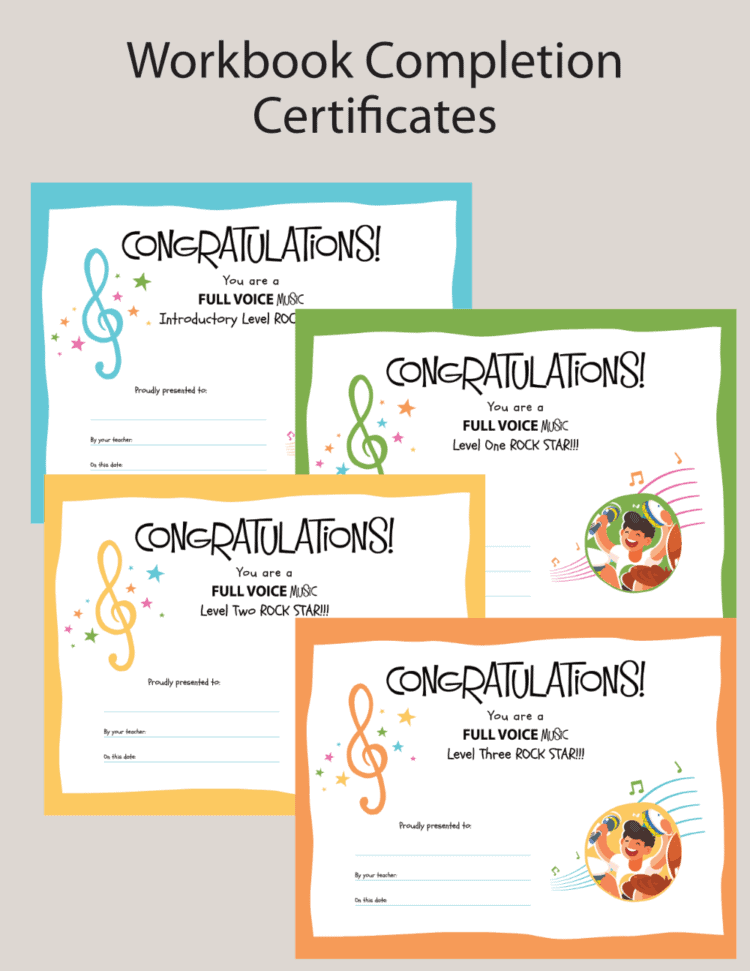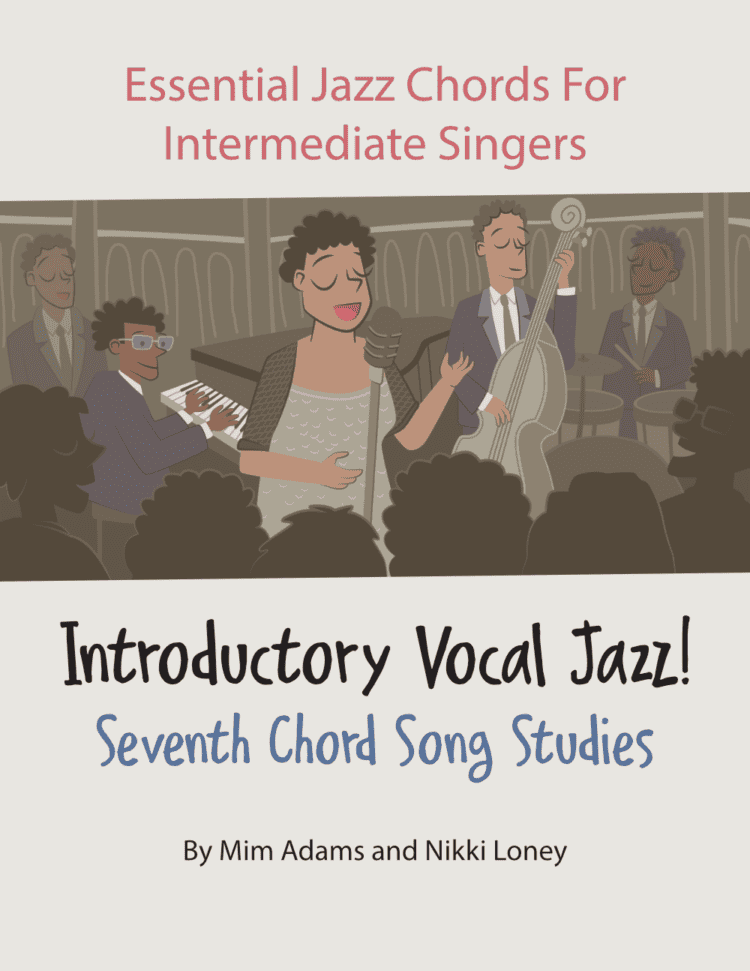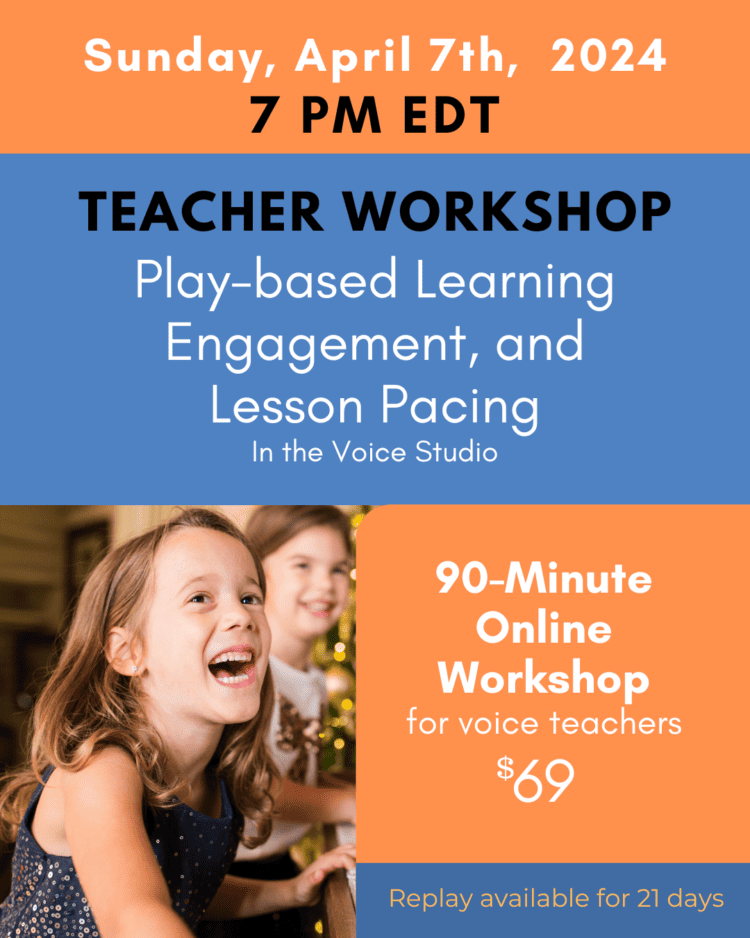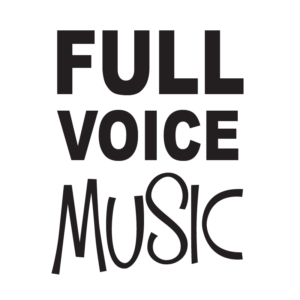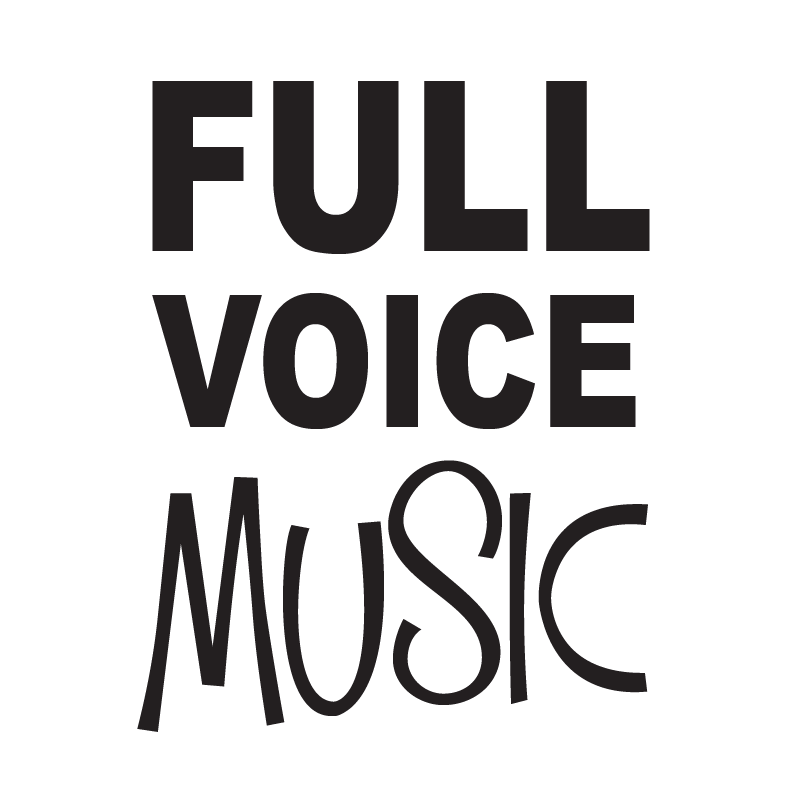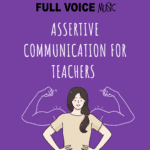
Assertive Communication for Teachers

I recently “googled” the topics of assertive communication and improving communication skills. The rabbit hole of online research (for an upcoming podcast) bounced me to and from websites about anxiety and mental health. At first, I was confused about the search results directing me to this information.
It seems that I was completely mistaken about the definition of assertiveness. (it is the eager-to-please-music teacher or polite Canadian in me) I always believed the word to mean “pushy” or “aggressive” or, in true Canadian fashion – “rude.” But I learned something incredibly valuable.
What is Assertive Communication?
Assertiveness is the quality of being self-assured and confident without being aggressive. In the field of psychology and psychotherapy, it is a learnable skill and mode of communication. (Wikipedia)
Someone who is assertive states their needs and opinions clearly, so that people take notice. (Collins English Dictionary)
Assertiveness is your willingness to act in harmony with your self-esteem without hurting others (selfesteemawareness.com)
Assertive communication is an invaluable skill.
It is NOT rude or pushy. It is about being honest and telling someone the truth. It is not a skill we are born with but a form of communication that requires attention and practice. The website anxietybc.com was most insightful and gave me some courage to become more assertive.
Assertive communication is the honest expression of one’s own needs, wants, and feelings while respecting those of the other person. When you communicate assertively, your manner is non-threatening and non-judgmental, and you take responsibility for your own actions.
An assertive communication style brings many benefits. For example, it can help you to relate to others more genuinely, with less anxiety and resentment. It also gives you more control over your life and reduces feelings of helplessness. Furthermore, it allows OTHER people the right to live their lives. (anxietybc.com)
This information gave me a good reason to rethink my communication skills. Not just the ones with my students and families, but with my friends and loved ones too. (I had a great conversation with my hubby about our communication! Win-win!)
Communication is difficult
We need to work on being better communicators.
This info is on websites about anxiety because non-assertive communication (not expressing your needs or being able to say “No” to people) leads to mental health problems.
• Anxiety – You start to avoid situations that make you anxious
• Temper – When you can’t express your anger appropriately you will have more uncontrollable outbursts
• Frustration – You feel like “Why do I let this happen…”
• Resentment – Anger at others for taking advantage of you.
• Depression – feeling like you have no control over your life
I know many music teachers struggle with being assertive in their teaching studios.
You can read about teacher frustration and resentment daily on online teacher forums. It would seem there is a ‘pandemic’ of demanding, pushy parents making unreasonable requests that infringe upon our personal space and time. Make-up lessons, business hours, price increases, practicing expectations…Do those conversations make you want to scream? Maybe that parent is just expressing a need or question. Is it possible the resentment comes from the frustration of not having the communication skills (and some courage) to be assertive and say no?
Venting on online forums can be a stress release, but it only escalates our resentment toward people we do business with. AND poor communication is one of the big reasons that parents/students quit lessons. {mic drop} Some teachers prefer to keep moms and dads at arm’s length and fire off a text or email here and there. But when they ask us for makeup lessons or don’t pay us our fees when expected, are they being difficult?
Perhaps we need to stop feeling like a victim and engage in a professional conversation.
Assertive communication:
I understand that your daughter is busy with her after school activities, but I do not have the time in my teaching schedule to offer make-up lessons.Non-assertive communication:
“You can read the rules in my studio policy.”
Professional Communication in our businesses
Sorry, texting/email just doesn’t cut it. We read (aggressive) tone in those little-written conversations! Tone and body language go a long way to letting people know we ARE listening and we hear them before saying no to a request.
Many teachers struggle with parent/student relationships because they hide behind emails, texts, and other written communication. Yes, you need a written policy, but you will need to verbally discuss and remind students how your studio runs and how you want to do business with them. (Don’t take it personally when you have to repeat yourself!) Well-written email reminders can complement your message. (professional email etiquette) Face-to-face conversations will always save the day and your sanity.
More about better communication for the voice teacher: Check out Podcast Episode 113, Managing Expectation.
But what if they get angry? What if they quit?! The private music teacher always fears making someone angry or having them discontinue lessons. If your conversation is honest and your tone non-threatening, you shouldn’t have a difficult time. Most people are not that unreasonable.
Consider communications skills a lifelong skill that can be developed and improved. Reflect on how you will level up in those everyday situations and manage them with firm kindness and professionalism.


